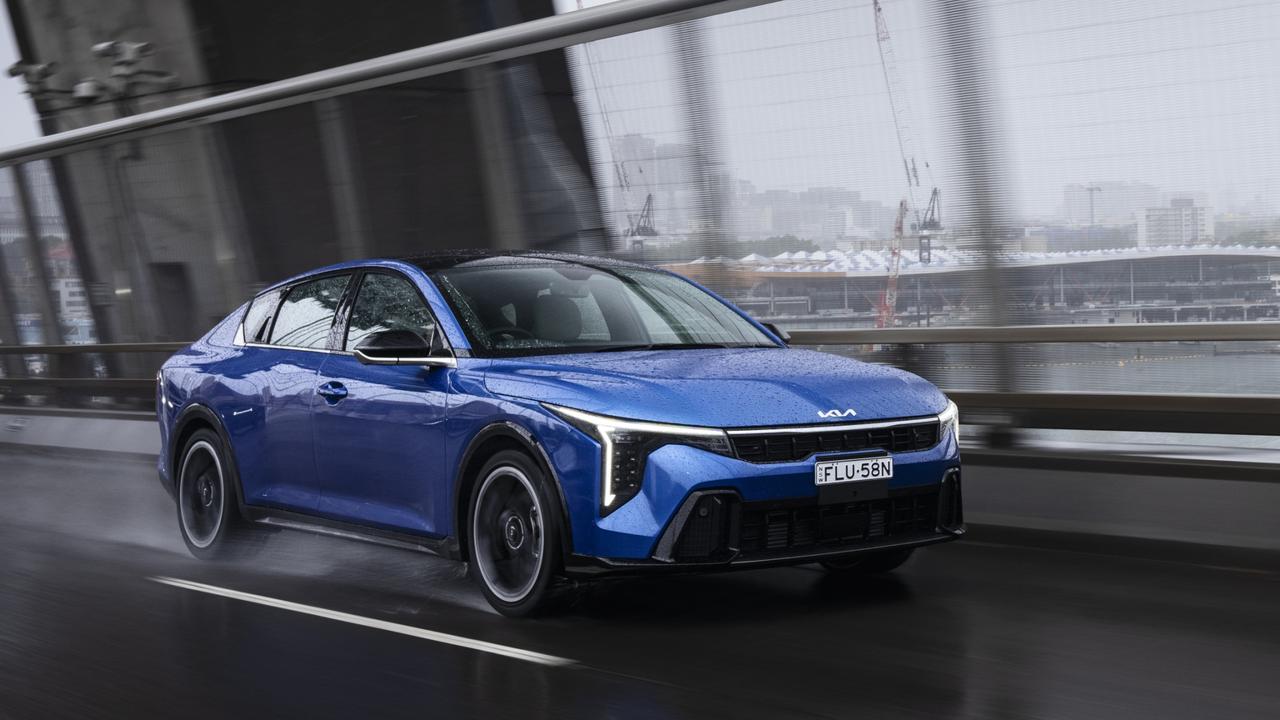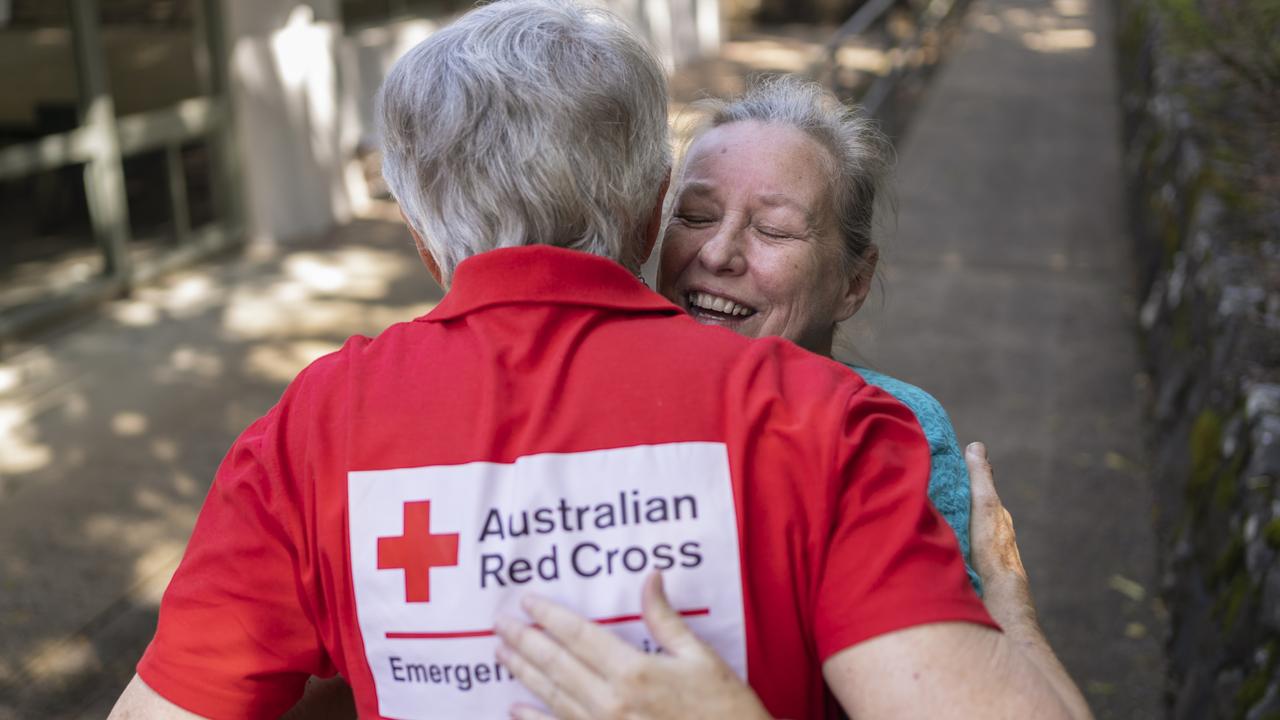All the changes for Mackay, Isaac and Whitsundays from July 1
It has been a challenging financial year for many households across Mackay Isaac Whitsunday and bills are set to increase even further today. But it is not all doom and gloom with support for families and workers on the way.
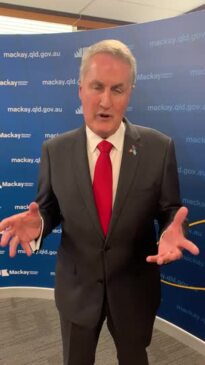
Business
Don't miss out on the headlines from Business. Followed categories will be added to My News.
A coal royalties hike, a power bill surge and a minimum-wage increase are all changes set to impact the Mackay, Isaac and Whitsunday region as the new financial year begins today.
The 2021-22 financial year brought inflation and a 50-basis point interest rate rise, all while Australians deal with skyrocketing living costs.
Here are all the new changes:
Council rates increase:
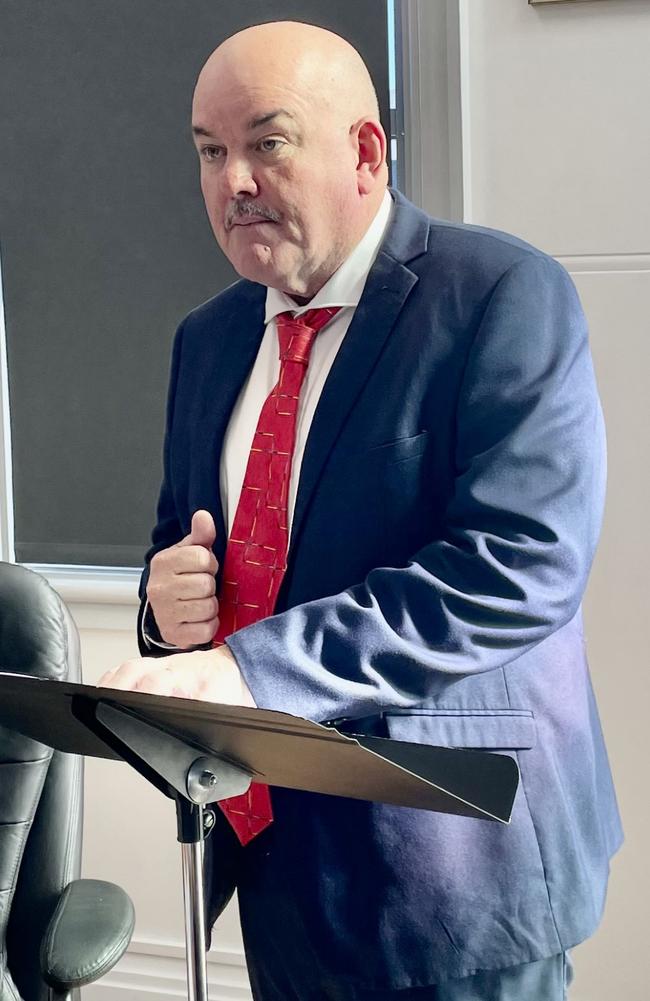
Ratepayers of the Whitsundays will be hit the hardest by the new financial year, with their council revealing a 4 per cent increase in rates in their 2022-23 budget.
Mackay at 2.5 per cent and Isaac at 2.3 per cent rises were more moderate and will equate to about $100 more annually.
But all three are below many SEQ rate rises – 4.93 per cent in Brisbane and 4.99 per cent on the Gold Coast – which were closer to the CPI Consumer Price Index for March which was 6 per cent.
Mackay’s rate rise equates to an increase of about $81 a year for the average household.
For the average ratepayer in the Whitsundays, it means $3.71 a week more on their bill, or close to $190 a year extra.
Isaac residents will pay an extra $1.90 a week in rates while water consumption charges remain unchanged. Utility charges for water and waste will increase by 2 per cent.
Council worker payrise:
The Queensland Industrial Relations Commission in March determined a pay rise for Mackay Regional Council employees.
The full bench rejected separate wage increases for separate streams of workers, making the percentage wage increases the same for all employees with backpay.
Employees will receive:
2.5 per cent increase for all employees covered by the Stream A, B and C awards for the periods commencing July 1, 2022;
2.5 per cent increase for all employees covered by the Stream A, B and C awards for the periods commencing July 1, 2023;
0.5 per cent increase for Stream A Award employees effective from July 1, 2021; and
1 per cent increase for Stream A Award employees, and a 0.5 per cent increase for employees covered by Stream B and C, backdated to July 1, 2020.
Whitsunday pet registration discount:
Dog and cat owners in the Whitsundays can get a discount on pet registration if they pay between July 1 and July 31.
Ratepayers can save about $20 for dogs and about $5 for cats for paying early.
Coal royalties:
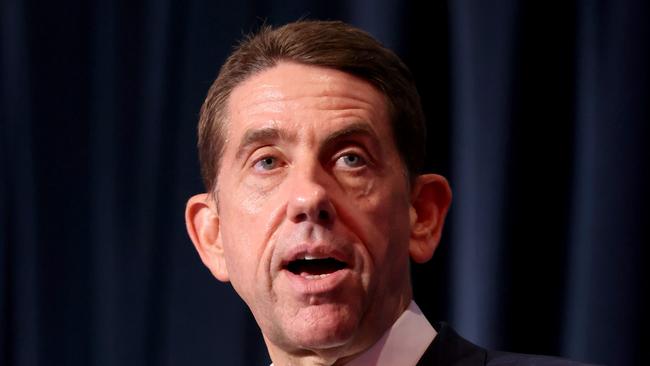
Queensland’s 10-year freeze on royalties is over and the region’s mining companies will be significant contributors in what is expected to add $1.2 billion to the state’s coffers over four years.
The three new tiers in the royalties structure will mean companies could be charged as much as 40 per cent on the dollar depending on coal prices.
There are fears among industry leaders the hike will cost regional jobs and “permanently scar” the industry.
Minimum wage:
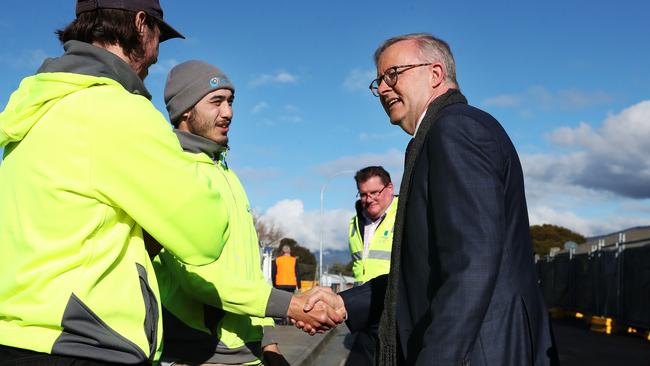
Australia’s minimum wage will rise to $812.60 per week or $21.38 per hour after the Federal Government asked for an increase in line with inflation.
The changes will affect about 2.8 million Australians, 62.6 per cent of who are part-time workers.
The top three industries with workers who will stand to benefit are health care and social assistance, accommodation and food services and retail trade.
Power prices:
The new financial year will bring a 12.6 per cent increase across the state on electricity bills, in a burden being shared across the country.
Millions of Queensland households are expected to receive bills hundreds of dollars more expensive than they were in the past.
Childcare support:
Families of the region with more than one child in child care under the age of five could become eligible for a higher subsidy payment.
The support is income dependent and those eligible will be able to claim the subsidy back paid from March 7.
Traffic penalties:
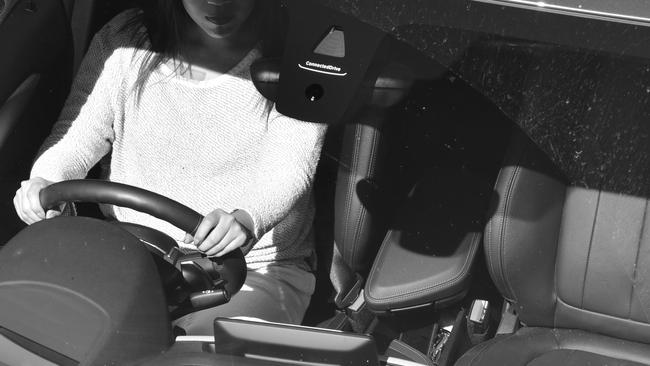
It will become even more expensive to break road rules in Queensland.
The fine for not wearing a seatbelt will jump to a staggering $1078 and four demerit points, while drivers who disobey traffic signals will now pay $575.
Low-range speeding offences, from 1-10km/h will incur a $287 fine and one demerit point penalty, while those driving more than 40km/h over the limit will be fined $1653 and eight demerit points.
The fine for driving while using a phone will jump to $1033.
Super:
There will no longer be a minimum wage for employer super contributions, with the $450 monthly threshold to be scrapped.
This does not apply to under-18s who work less than 30 hours a week.
The Super Guarantee will rise from 10 to 10.5 per cent, which puts the onus on employers to put more cash in staff super accounts.
People aged 60 and over will be able to make contributions of up to $300,000 per person into their super account.
Family Tax Benefit:
From today, those eligible for the Family Tax Benefit will also receive a welcomed boost with an increase of up to $175.20 per year for those with a child under the age of 13, and a $226.30 rise for those with a child aged between 13 and 19.
For people who qualify for the Family Benefit Part B, there will be a $149.65 per year increase with a youngest child under five, and $102.20 a year with a youngest child aged between five and 18.
Centrelink:
From July 1, Centrelink recipients who are required to complete the process of mutual obligations in order to receive JobSeekers payments will be moved on to a points-based system activation system.
Those impacted will have to receive 100 points and do a minimum of five job searches per month to secure payment.
There is a list of more than 30 tasks and activities that each carry their own individual points value, with attending a job interview worth 20 points and a completing a job application worth five.
This replaces the requirement for recipients to apply for 20 jobs every month.
Free medication:
From July, the PBS Safety Net threshold for concession card holders will be lowered to $244.80.
That means concession card holders will receive their PBS medicines for free when they reach the lowered threshold.
Luxury car tax:
The threshold for the luxury car tax will change from July, increasing by 6.6 per cent to $84,916 for fuel-efficient cars.
For all other vehicles it’s up by 3.9 per cent to $71,849.



